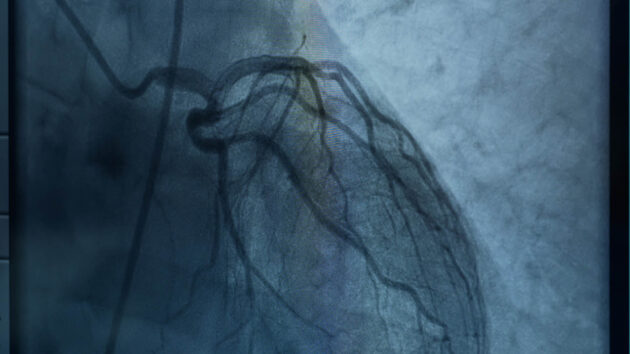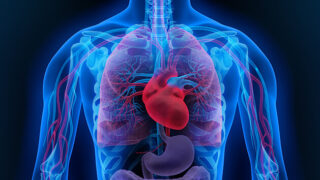Women's Heart Health
Every Heartbeat Inspires Us
Ninety percent of women have one or more risk factors for developing heart disease. But many women are unaware of these factors or don’t act to find out what steps they need to take to prevent or manage heart disease. Our special emphasis on cardiovascular disease prevention and education makes the Albany Med Health System a unique place for women to take charge of their heart health.
Risk management is essential to preventing and treating heart disease in women. Our experts offer risk assessments to help you identify and understand your risks, such as:
- Lifestyle factors such as diet, physical activity, smoking, and stress
- Health issues like high blood pressure, high cholesterol, diabetes, and pregnancy-related conditions like gestational hypertension and diabetes
- Prior medications and treatments like hormone replacement therapy, chemotherapy, and radiation
- Family history of heart disease
Our physicians use proven methods and the latest technology to assess risk and diagnose heart disease, including:
- Cardiac catheterization
- Cardiac ultrasound
- Cardiac stress testing, including ultrasound and nuclear modalities
- Cardiac magnetic resonance imaging (MRI)
- Coronary computed tomography (CT) scan echocardiography
- Electrocardiograms (EKGs)
- Electron beam computed tomography (EBCT) scan
- Holter and event monitors
We provide leading-edge non-surgical and surgical treatments based on your needs. Treatments can include:
- Lifestyle changes
- Medical management
- Catheter-based procedures, like angioplasty and stenting
- Traditional and minimally invasive heart surgery
Heart disease degrades the blood vessels and cardiovascular system, often through a process called atherosclerosis. This condition develops when plaque builds up in the walls of the arteries. This buildup narrows the arteries, making it harder for blood to flow through. If a blood clot forms, it can stop the blood flow. This can cause a heart attack or stroke.
Heart disease can take many other forms:
- Heart failure or congestive heart failure, which means that the heart is still working, but it isn’t pumping blood as well as it should, or getting enough oxygen.
- Arrhythmia, or an abnormal rhythm of the heart, which means the heart is either beating too fast, too slow or irregularly. This can affect how well the heart is functioning, and whether or not the heart is able to pump enough blood to meet the body’s needs.
- Heart valve problems can lead to the heart not opening enough to allow proper blood flow. Sometimes the heart valves don’t close and blood leaks through, or the valve leaflets bulge or prolapse into the upper chamber, causing blood to flow backward through them.
Symptoms of heart problems in women include:
- Shortness of breath
- Chest pain
- Fluttering in the chest (heart palpitations)
- Fatigue
- Coughing, especially a dry cough
- Anxiety
- Swelling of your feet or ankles
- Fast weight gain
The symptoms of a heart attack can be different for women than for men. Women can, but don’t always, have classic symptoms like chest pain, arm pain, and shortness of breath. These symptoms should never be ignored.
Heart attack symptoms in women might be less dramatic and can include:
- Pressure or pain in the chest that comes and goes
- Sweating
- Nausea
- Dizziness or lightheadedness
- Pain in the jaw, arm, or back
Many factors put you at risk for heart disease – ones that you can control, and others that you can’t. But with the right information, education, and care, heart disease in women can be treated and prevented.
- Don’t smoke
- Manage your blood sugar
- Control blood pressure
- Keep cholesterol in check
- Know your family history
- Stay active
- Lose weight
- Eat healthy
- Manage stress




